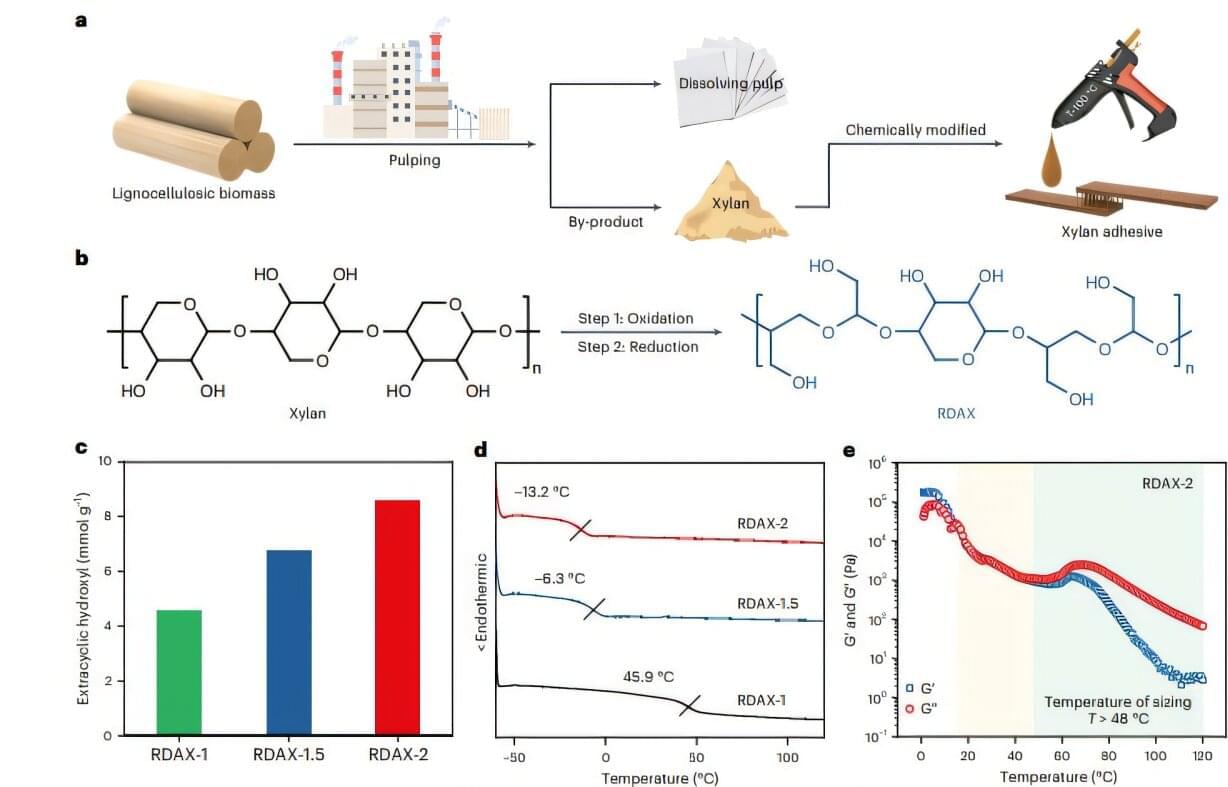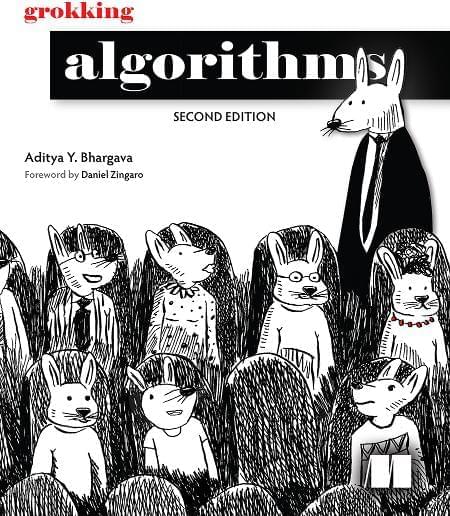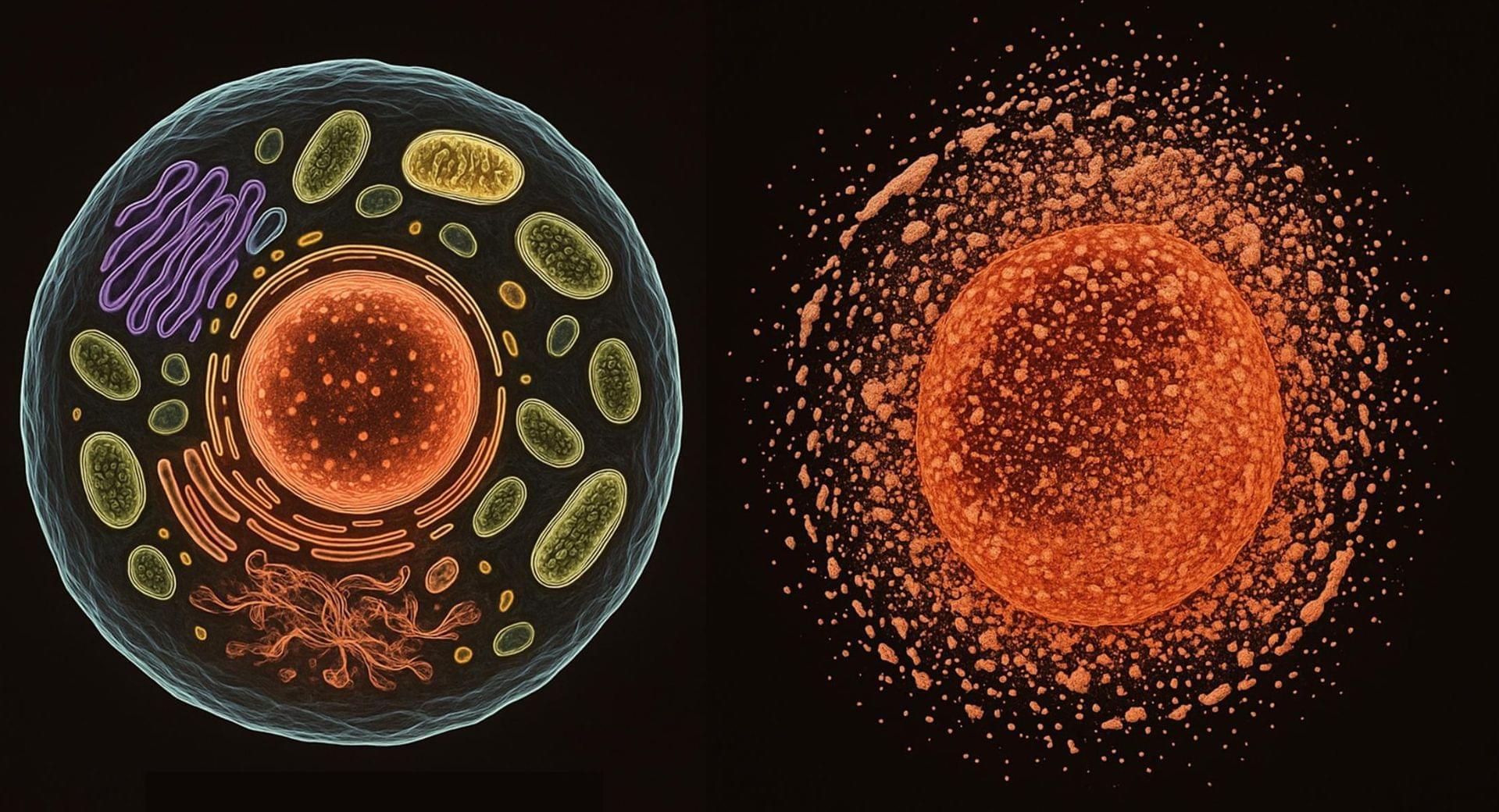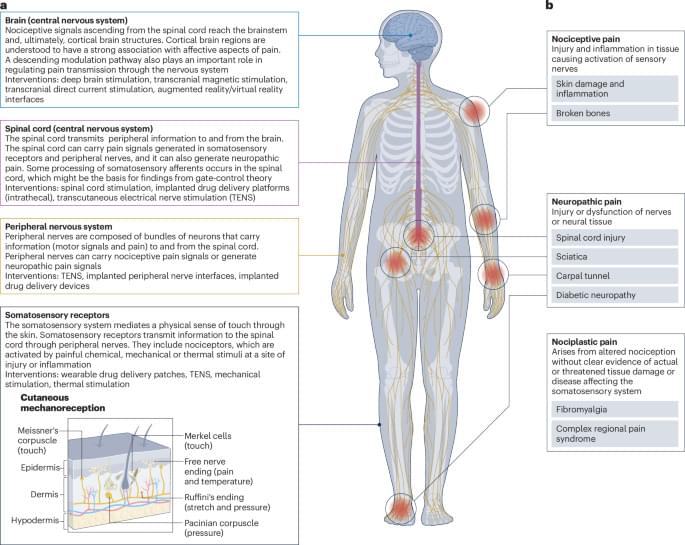Dr Keith Siew, one of the study authors, says, “Nobody really likes talking about death, even cell death, which is perhaps why the physiology of death is so poorly understood. And in a way necrosis is death. If enough cells die, then tissues die, then we die. The question is what would happen if we could pause or stop necrosis.”
“Necrosis remains one of the last frontiers in medicine – a common thread across aging, disease, space biology, and scientific progress itself,” adds Dr Carina Kern, lead author of the study.
Necrosis occurs when cells are overwhelmed by injury, infection, or stress. The process floods cells with calcium, disrupting vital functions and causing the cell to rupture. This sudden collapse spills toxic molecules into surrounding tissue, triggering inflammation and accelerating damage.








